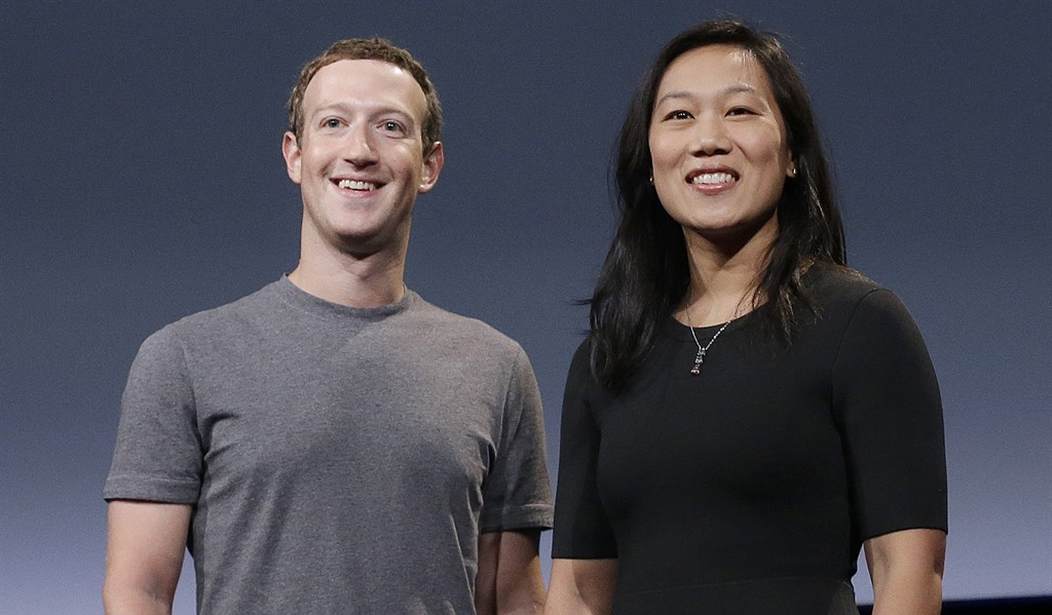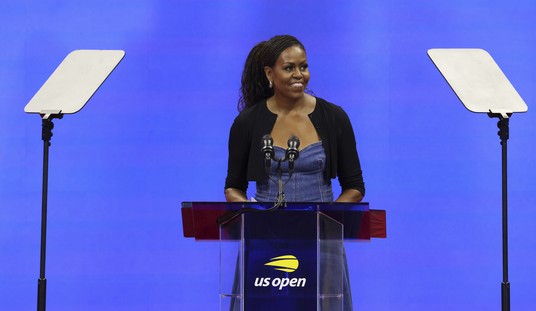What does high technology hold in store for the education of American children? The possibilities are simultaneously exciting and frightening. The big unknown is whether technological innovation will work to liberate individuals or to control the masses. For better or for worse, we are just at the dawn of realizing the potential of digitized learning.
Mark Zuckerberg, founder of the Facebook social media empire, and his pediatrician wife Priscilla Chan are the latest to jump on the bandwagon of “personalized learning” (PL) as the way to use technology to transform education. The very name sounds liberating, but will computer-directed instruction ultimately be about empowering individuals or installing a dictatorial system?
The recently established Chan-Zuckerberg Initiative (CZI), which aims to direct 99 percent of the couple’s Facebook shares to education and science-related causes, is putting its own spin on much-hyped PL, calling its version “whole-child personalized learning.” CZI has thereby married two nebulous concepts that mean different things to different people and have slim supporting track records.
Education Week gave an inkling of CZI’s intent by noting the software will be partly about academics, “while also supporting a holistic approach to nurturing children’s social, emotional, and physical development.”
The takeaway is CZI supports the social-emotional learning that the federal Every Student Succeeds Act (ESSA) would like states to feature in plans they must submit to the U.S. Department of Education. That approach opens the door to psychological profiling of students and collection of intensely personal information in government databases.
Recommended
Will Zuckerberg’s version of digitized learning have tie-ins to the Common Core standards that another high-tech mogul, Bill Gates, has done so much to finance and promote? It looks that way. CZI is partners with the Bill & Melinda Gates Foundation in at least one “venture philanthropy” project. Moreover, its president of education, James Shelton, was a program officer for the Gates Foundation before serving as deputy U.S. secretary of education in the Obama administration, a big supporter of Common Core.
Most disturbing is Zuckerberg’s hawking of his education vision will proceed with even less openness than did Gates’ push for Common Core, which executed an end run around local school boards and parents. Because of its structuring as a limited-liability corporation, as opposed to a conventional foundation, CZI “will be able to make philanthropic donations, invest in for-profit companies, lobby for favored policies and legislation, and directly support candidates for elected office – all with minimal public-reporting requirements,” Ed-Week reported. Parents and educators would be right to look skeptically at such a lack of transparency.
Of course, plenty of room exists for inspired use of technology in classrooms. Over the past 20 years, almost all public schools have connected to the internet and accumulated laptops, netbooks, tablets, and Chromebooks in vast quantities, according to a progress report in Technology Counts.
However, the report exposed vast disparities in quality and sophistication of usage, with many districts and schools concentrating on “mundane skill drills” that could be done just as well offline. The public school bureaucracy does not provide fertile soil for creative thinking about technology—or anything else.
One promising way to keep high tech grounded in community aspirations yet also open to boundless creativity would be through the use of state-funded education savings accounts (ESAs), from which parents could make debit-card withdrawals to purchase educational services most helpful for their children. Everything from tuition to therapies to tutoring can be part of an education customized within each participating family.
Technology could play a key role in a family’s ESA plan, of course, but only if parents choose to do so. In one chapter of a new American Enterprise Institute book on ESAs, The New Frontier in School Choice, Matthew Ladner writes about ESA parents using “multiple service providers simultaneously” and offers this as one example: “They can hire a certified tutor, enroll in massive open online courses (MOOC) aimed at high school students, and also pay for a community college course.”
MOOCs are accessible to anyone with an internet connection, taught by teachers at universities worldwide, and available for practically every academic discipline imaginable. While these courses typically are available for free, an ESA could assist a family with the costs of connecting.
As for helping families select the best options for their child, a 1992 Heartland Institute proposal to a New American Schools Corporation competition remains relevant. It suggested parents could use “Individual Savings Accounts” to pay for curriculum coordinators as well as service providers. The proposal also identified national organizations and local organizations willing to serve as guides. A service of that sort could be a useful addendum to the ESAs now being implemented or considered by a growing number of states.

























Join the conversation as a VIP Member